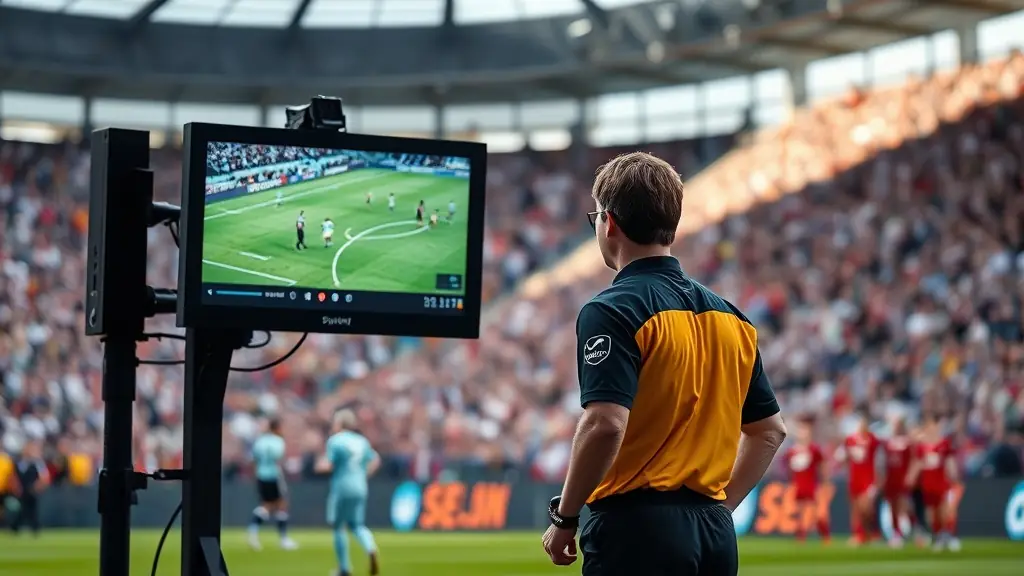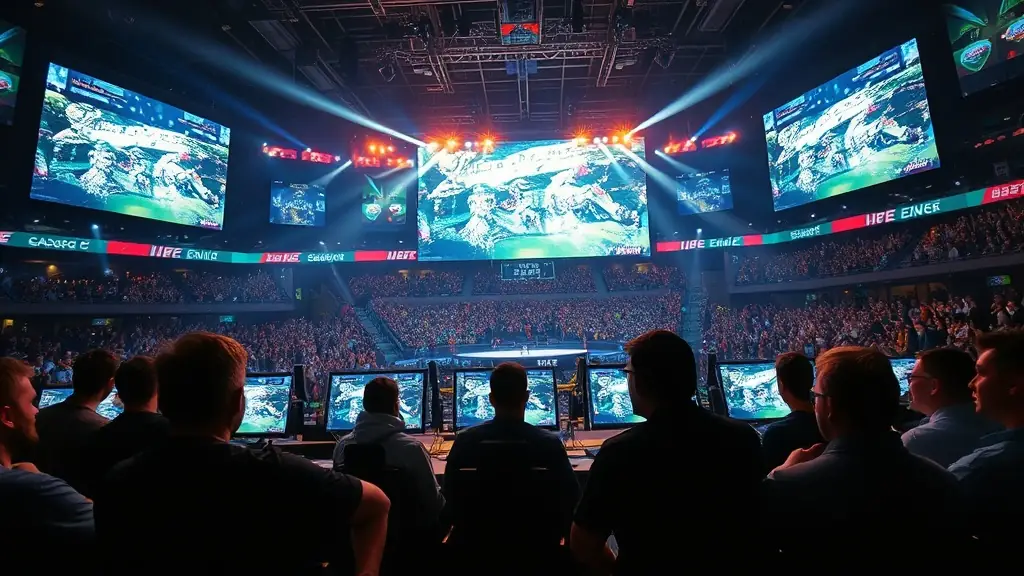Since its introduction, VAR has been a topic of heated discussion among football fans and analysts alike. Proponents argue that it enhances the accuracy of officiating, reducing the number of clear errors made during matches. However, critics claim that it disrupts the flow of the game and can lead to confusion among players and spectators. The balance between technology and the human element of officiating remains a contentious issue.
One of the most significant impacts of VAR is its ability to review critical moments in a match, such as goals, penalties, and red cards. This technology allows referees to make more informed decisions, potentially changing the outcome of games. However, the implementation of VAR has not been without controversy, as some decisions have sparked outrage among fans. The inconsistency in its application has led to calls for clearer guidelines and better training for officials.
As football continues to evolve, the role of VAR will likely remain a focal point of discussion. The challenge lies in finding a balance that maintains the integrity of the game while embracing technological advancements. Moving forward, it will be essential for governing bodies to address the concerns surrounding VAR to ensure that it enhances the sport rather than detracts from it.








